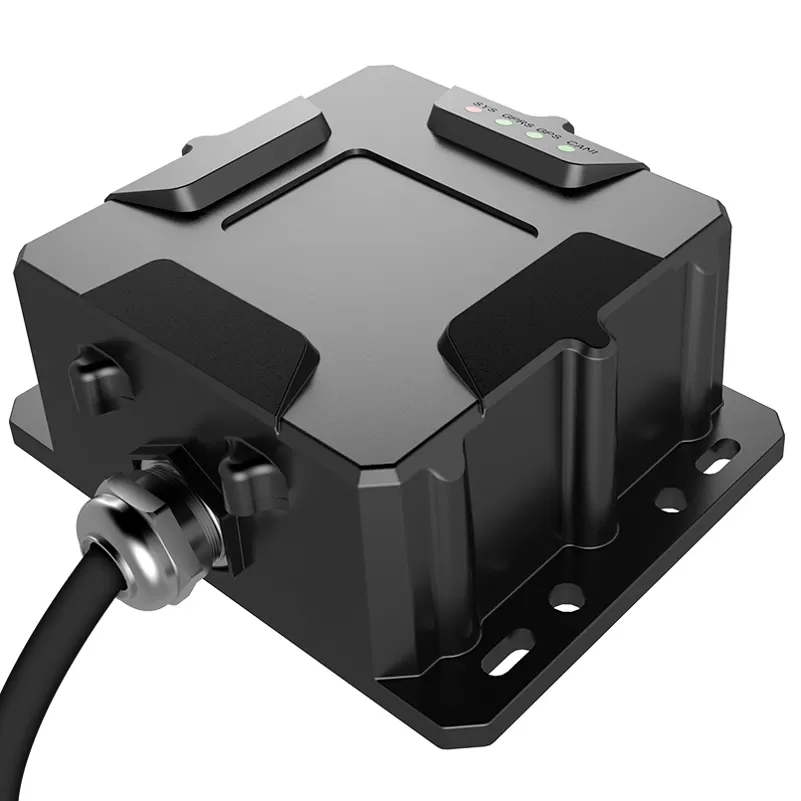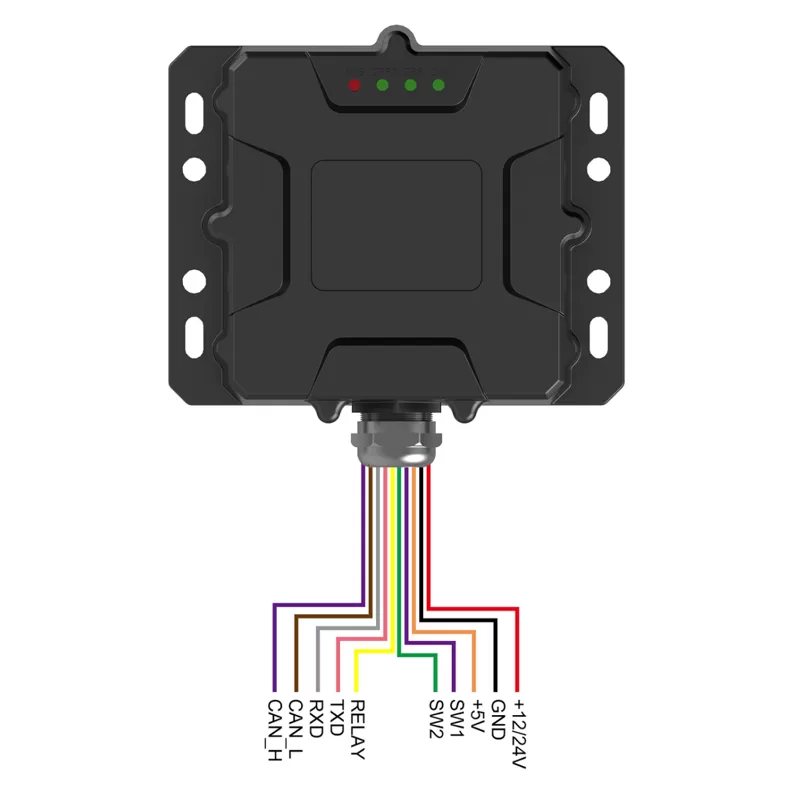In today’s fast-paced world, knowing the precise location of objects, vehicles, or even individuals is crucial for various applications, from personal safety to fleet management. GPS trackers are devices designed to provide real-time tracking information using the Global Positioning System (GPS). This article aims to delve into the functionality, types, and applications of GPS trackers, highlighting their importance in our daily lives.

How GPS Trackers Work
GPS trackers operate by receiving signals from multiple satellites orbiting the Earth. These satellites transmit data, including their location and the exact time the signals were sent. The GPS tracker captures these signals and calculates its own position by determining the time delay from each satellite. This process, known as trilateration, involves using at least four satellites to pinpoint the tracker’s exact location on the planet.
Types of GPS Trackers
Personal GPS Trackers:
Wearable Trackers: Often used for personal safety, these trackers can be worn by children, elderly individuals, or adventurers. They provide real-time location updates and often come with emergency alert features.
Pet Trackers: These are designed to attach to a pet’s collar, allowing owners to track their pets’ movements and locate them if they go missing.
Vehicle GPS Trackers:
OBD Trackers: Plugged into the On-Board Diagnostics (OBD) port of a vehicle, these trackers monitor vehicle location, speed, and diagnostic information.
Hardwired Trackers: Installed directly into the vehicle’s electrical system, these provide more reliable tracking and are harder to tamper with compared to OBD trackers.
Asset GPS Trackers:
Portable Trackers: These are compact and can be placed in bags, packages, or any valuable items to track their location during transit.
Fixed Trackers: Used for larger assets like containers, machinery, or construction equipment, these trackers ensure the safety and location of high-value items.
Applications of GPS Trackers
Fleet Management: GPS trackers are indispensable in managing commercial fleets. Companies can monitor the location, speed, and route of their vehicles in real-time, improving route efficiency, reducing fuel consumption, and ensuring driver safety. Fleet managers can also receive alerts for unauthorized vehicle use, helping to prevent theft and misuse.
Personal Safety: For individuals, GPS trackers offer peace of mind. Parents can track their children’s whereabouts, ensuring they are safe on their way to school or other activities. Elderly individuals, especially those with conditions like dementia, can be easily located if they wander off. Personal trackers also benefit adventurers and hikers, enabling quick location in case of emergencies.
Asset Protection: Businesses use GPS trackers to safeguard valuable assets. From construction equipment to shipping containers, trackers provide real-time location data, helping prevent theft and aiding in the recovery of stolen items. Additionally, companies can monitor the movement and handling of goods, ensuring they reach their destination safely and on time.
Sports and Fitness: In the sports and fitness industry, GPS trackers are used to monitor and analyze performance. Athletes can track their routes, speed, and distance covered, helping them to improve their training and performance. Coaches use this data to develop personalized training programs for their athletes.
Law Enforcement and Emergency Services: GPS trackers assist law enforcement agencies in various operations, from tracking suspect vehicles to coordinating large-scale operations. Emergency services use GPS tracking to dispatch units efficiently, ensuring rapid response times during emergencies.

Future of GPS Trackers
As technology advances, GPS trackers are becoming more compact, affordable, and efficient. The integration of GPS tracking with other technologies, such as IoT (Internet of Things) and AI (Artificial Intelligence), is opening up new possibilities. Smart cities, autonomous vehicles, and advanced logistics systems are all leveraging GPS tracking for enhanced functionality and efficiency.
Conclusion
GPS trackers play a vital role in modern society, providing invaluable location information for personal, commercial, and industrial applications. Their ability to offer real-time data helps improve safety, efficiency, and asset management across various sectors. As technology continues to evolve, the capabilities and applications of GPS trackers will expand, further integrating into our daily lives and enhancing the way we interact with the world.
Understanding the basics and applications of GPS trackers allows us to appreciate their significance and harness their potential for personal and professional use. Whether it’s ensuring the safety of loved ones, managing a fleet of vehicles, or protecting valuable assets, GPS trackers are indispensable tools in our connected world.
